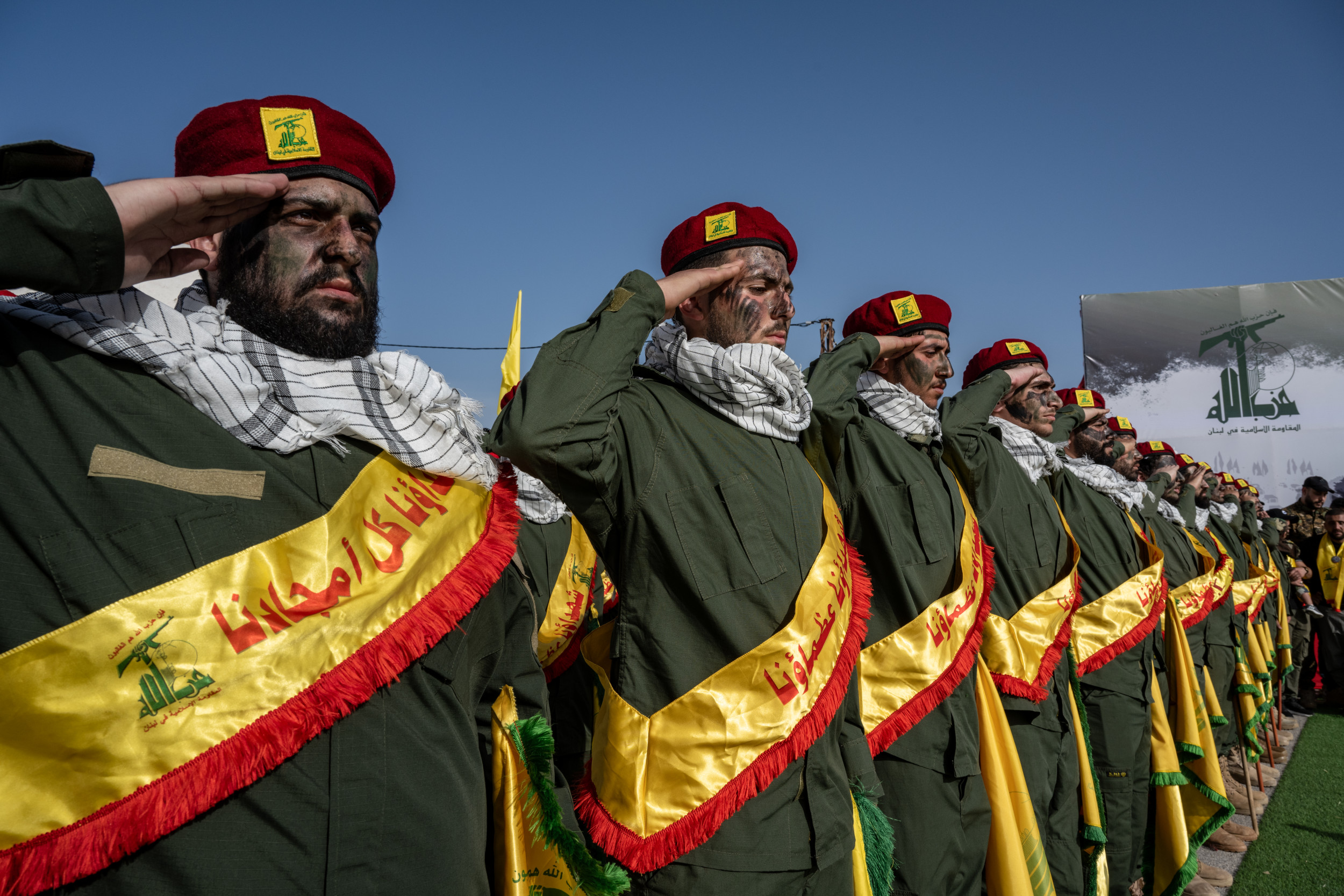Published Jun 05, 2024
By Suzanne Blake
Reporter, Consumer & Social Trends
Anew lawsuit alleges that Meta purposefully hid pro-Palestinian content on its social media platforms.
A former Meta engineer accused the owner of Facebook and Instagram of censoring Palestinian Instagram posts in a lawsuit that also accuses the company of wrongful termination and discrimination.
Ferras Hamad, a Palestinian-American engineer who filed the suit, started working on Meta's machine learning team in 2021. But after being fired in February, Hamad said Meta deleted internal communications between workers about the deaths of their family members in Gaza.
 Mark Zuckerberg, CEO of Meta, testifies before the Senate Judiciary Committee at the Dirksen Senate Office Building on January 31 in Washington, D.C. Meta has been accused of censoring pro-Palestinian content in a new lawsuit.... More ANNA MONEYMAKER/GETTY IMAGES
Mark Zuckerberg, CEO of Meta, testifies before the Senate Judiciary Committee at the Dirksen Senate Office Building on January 31 in Washington, D.C. Meta has been accused of censoring pro-Palestinian content in a new lawsuit.... More ANNA MONEYMAKER/GETTY IMAGESMeta is also accused of starting investigations into the use of the Palestinian flag emoji by employees but did not do the same for Israeli or Ukrainian flags, the lawsuit alleges.
The Hamas militant group attacked Israel on October 7, 2023, killing 1,200 people and taking more than 200 hostages. Israel then launched its largest-ever airstrikes in Gaza, where more than 36,000 people have been killed, local health officials said.
 NEWSLETTERThe Bulletin
NEWSLETTERThe BulletinYour Morning Starts Here
Begin your day with a curated outlook of top news around the world and why it matters.
I want to receive special offers and promotions from Newsweek
By clicking on SIGN ME UP, you agree to Newsweek's Terms of Use & Privacy Policy.You may unsubscribe at any time.
HR consultant Bryan Driscoll went as far as calling the action by Meta "reprehensible" but not shocking, given the company's track record on content moderation and bias, he said.
"The lawsuit alleges Meta fired a former engineer for raising concerns about the company suppressing pro-Palestinian content on Instagram," Driscoll told Newsweek. "If true, it has profound ramifications, both for Meta's credibility, which people don't seem to care about, and for broader issues of free speech and censorship in tech."
Driscoll said the suppression of any political content, especially related to the war in Gaza, highlights the power and responsibility tech giants wield over public discourse.

Iran Warns Israel Will Face 'Formidable Defeat' Against Hezbollah
Israel's Outgoing UN Ambassador Worries Palestinians Are Winning Narrative
Hamas Calls For 'Day of Anger' Across Israel and West Bank
"Meta will likely face significant pressure to respond transparently...and then people will forget," Driscoll said. "Meta will continue to resist content moderation of any meaningful impact. The company's primary focus is profit and maintaining market dominance. These legal battles are just bumps in the road for them."
Since the average social media user is unaware of the intricacies behind content moderation and how biases play into it, Meta is unlikely to be impacted in the long term. Still, Meta could face financial consequences and a short-term blow to its public image, Driscoll said.
"The perception of bias in content moderation can lead to a loss of user trust, but let's be honest, Facebook and Instagram diehards aren't going anywhere."
Meta previously launched an investigation in 2021 looking into the content it allows on its platforms related to Israel and the Palestinians.
"Meta seems to have been caught in censorship crossfire," Arun C. Kumar, the former chief data and marketing technology officer for Interpublic and the author of The Data Deluge: Making Marketing Work for Brands and People, told Newsweek.
"The key driver here is that Meta has designated Hamas as a terrorist organization. Therefore, all associated images and symbols of Hamas will be recognized as such by any algorithm. If a user shows a Palestinian flag on a post and Hamas has used Palestinian flags in its posts, then the algorithm will suppress the content. It's just the way AI works."
In Hamad's lawsuit, the company said it fired him based on breaking rules centered around working on content from creators an employee knows personally. But Hamad said he brought up the censorship of Palestinian content on Instagram, showing the company instances in which the pro-Palestinian posts were classified as pornographic.
The next month, Hamad received notice he was under investigation, and he submitted an internal discrimination complaint. Just days after, he was terminated.
The official reason was breaking a rule against employees working on issues with accounts of people they know in real life, but Hamad said he had no personal ties to the Palestinian photojournalist he brought up the censorship concerns over.
"The employee was dismissed for violating Meta's data access policies, which we make clear to employees will result in immediate termination." a Meta spokesperson told Newsweek.
Kumar said the widespread concerns over Meta's Palestinian content policy stems from how the company has flagged Hamas as terrorists.
"Meta is getting criticized for not suppressing Israeli or Ukrainian content," Kumar said. "An algorithm wouldn't ban them because they have not been associated or tagged with terrorist organizations. The question really is whether Meta should tag Israeli flags in the same way that it tags Palestinian flags."
Meta has withstood similar accusations. Roughly 200 employees wrote in a letter to company CEO Mark Zuckerberg about their concerns of censorship.
Update 6/5/24, 4:57 p.m. ET: This story was updated with comment from a Meta spokesperson.
No comments:
Post a Comment